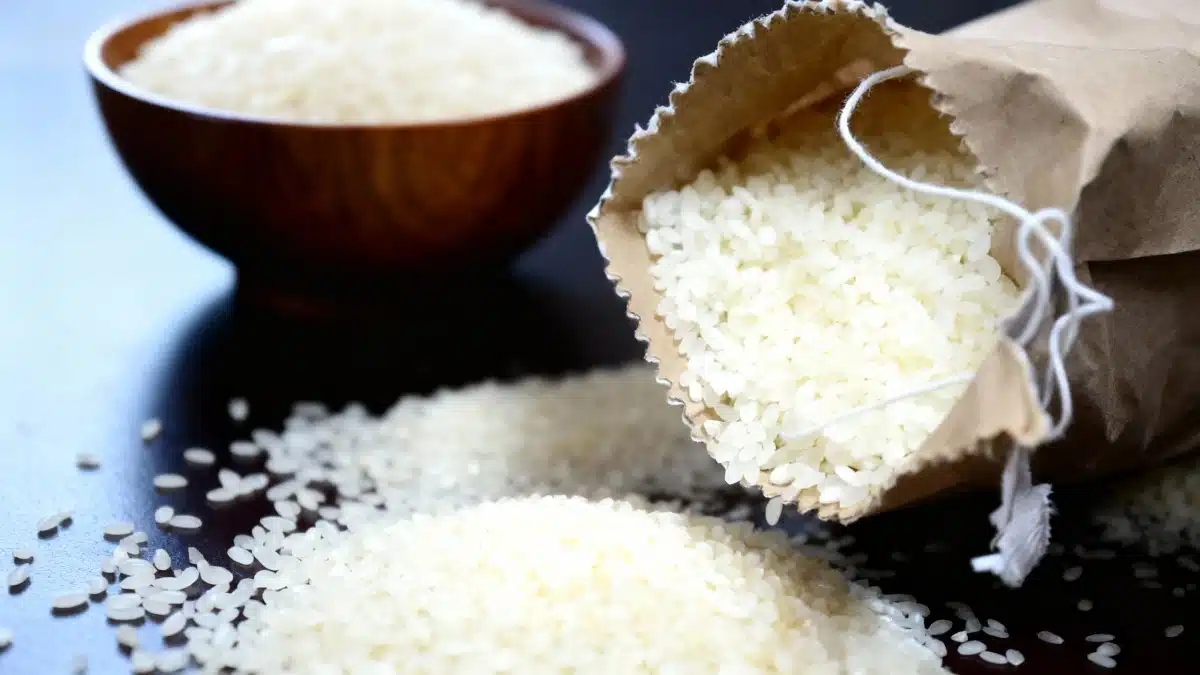Who knew that picking a simple bag of rice could make you feel like you’re studying for an exam? If you find yourself dithering between basmati, Thai, or long grain every time you hit the supermarket, you’re in good company. The shelves are stacked, the choices seem endless, and, as the French consumer magazine 60 Millions de consommateurs has shown, not all rice is created equal. So, which are the brands you should never buy? Let’s spill the beans—or rather, the grains.
Rice: A Staple That Deserves Scrutiny
Rice feeds the world. In China, the average person gobbles up a staggering 130 kilograms of it each year. The French, meanwhile, are more modest at just about six kilograms per person, but rice holds a special spot on tables everywhere, young and old alike. Besides being a crowd-pleaser, rice is lauded for its health benefits—unless, of course, you pick the wrong kind.
Choosing the right rice isn’t just about taste or grain length. According to 60 Millions de consommateurs, whose expert team never shies away from delving into what fills our plates, not all varieties are equal when it comes to both nutritional quality and health safety. The magazine threw its investigative spotlight on forty different rice references, including basmati, Thai, long grain, and rice from Camargue, in its February 2024 issue.
The Grains Under the Microscope
With the mission to assess both human health and environmental impacts, the team zeroed in on three big bad players lingering in rice:
- Pesticides
- Aflatoxins
- Arsenic
Of the forty products scrutinized, fifteen were found to contain pesticide residues—over a third of all samples. The worst offenders? Non-organic basmati rice, which carried the highest levels of these substances.
The detectives at 60 Millions de consommateurs uncovered no less than nine different pesticides among the samples. Most concerning were two molecules in particular: tebuconazole, a fungicide and plant growth regulator, and cypermethrin, a powerful insecticide. Both, flagged by French and European safety agencies (Anses and Echa), are considered potentially cancerous, mutagenic, and toxic for reproduction. In this context, washing your rice feels suddenly much more purposeful, doesn’t it?
Peculiar Pesticides and the Regulation Riddle
If you enjoy a twist in your food stories, consider isoprothiolane—a pesticide that made an appearance in three different rice products (Bon-ri, Saint Eloi, and Ben’s). Here’s the odd part: Its use is outright banned in the European Union, but EU law still allows its residues in food products. That’s the kind of logic to make anyone choke on their dinner.
Moving from pesticides to the periodic table, rice from Camargue—and especially long grain rice—was found to be relatively high in arsenic. While the term “arsenic” may conjure up images of Victorian mystery novels, its presence in food is quite real and less than amusing.
The Bottom Five: Rice Brands to Avoid
If you want to steer clear of the worst performers, 60 Millions de consommateurs made it easy for you. Five products stood out for all the wrong reasons, receiving some of the lowest marks in the entire review:
- Basmati origine Penjab de U – 8/20
- Vivien Paille Basmati – 8/20
- Riz basmati de Ben’s – 8/20
- Saint Eloi Intermarché Basmati – 9/20
- Pouce Auchan Riz long blanc de Camargue – 6.5/20
These low scores reflected concerns over both nutritional quality and the presence of unwanted additives—particularly in the pesticide and arsenic department. Not exactly what you want on the menu.
Other brands like Ben’s, Taureau Ailé, or Lustucru enjoy a loyal following in many French households, but even among familiar favorites, not every variety passes the test for health and safety. The takeaway: A pretty label doesn’t guarantee what’s inside is good for you.
So, next time you find yourself staring hopelessly at mountains of rice at the supermarket, remember that what’s inside the bag truly counts. Read those labels, check reviews when you can, and if in doubt—maybe try a little less basmati and a little more research. Your dinner (and your health) will thank you for it.

John is a curious mind who loves to write about diverse topics. Passionate about sharing his thoughts and perspectives, he enjoys sparking conversations and encouraging discovery. For him, every subject is an invitation to discuss and learn.






